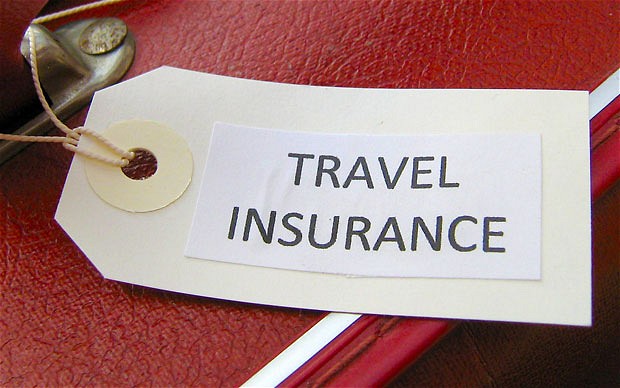|
1. Never buy from a travel agent, tour operator or airline.
This will almost certainly cost you more. 2. Decide on the cover you need before finding deals on comparison sites Taking your iPad with you on holiday? That £10 cheapo one-week cover is useless when you realise it has a £250 excess and a single item limit of £150, so it won't cough up. Which? recommends travel policies should cover medical expenses of at least £2m (Europe) or £5m (worldwide); at least £3,000 for cancellation; and at least £1,500 for baggage and belongings cover. 3. Be sensible about the excess That is the amount that you, the policyholder, has to pay towards any claim. If, for example, you claim for £600, and the excess is £150, the insurer pays out £450. If you set the excess high, the policy will be cheaper, but may not be worth having. Moneysupermarket.com, warns some policies charge an excess "per benefit section". "For example, if you were mugged, you could be charged £75 excess on the medical costs plus a £50 excess for loss of personal effects. Other policies charge just one excess per claim, which can work out much cheaper," it says. 4. Check what is already covered by your home insurance policy or bank Home policies often include insurance for personal possessions when away from home, so you can opt out of having baggage cover and save money. You may also have a credit card or current account that includestravel insurance but check that the cover is sufficient for your needs – such "free" insurance can sometimes be very basic. 5. Choose annual cover if you travel more than three times a year According to Moneysavingexpert.com, if you travel three times or more a year (or twice or more if one trip is to the US) then getting an annual policy that covers the entire year's travel for one fee is likely to cost you less than buying separate single-trip policies. But note that annual policies won't cover backpackers on extended trips: they usually cover trips up to a maximum of 31 days. 6. Egypt is in Europe, but the US is not in the world You don't need to buy a worldwide policy for much of north Africa: as Egypt, Morocco and Turkey come under Europe in most deals. But watch out, some "worldwide" policies exclude the US and Canada. 7. Look out for age limits and medical exclusions Many policies, particularly the cheapest, will not insure anyone aged over 65, however fit and active. Most standard policies will also not cover any pre-existing conditions. So, for example, if you are asthmatic and suffer an attack on holiday that requires medical treatment, your policy will not pay out. Tell your insurer about any ongoing medical conditions and answer questions honestly. Some insurers may then agree to cover certain conditions for a small extra premium or, if your condition warrants it, refer you to a specialist insurer. 8. Even horse riding is adventurous Many policies exclude "risky activities", which can be horse riding, scuba diving, jet skiing or mountain climbing. If you are going on a skiing holiday make sure the policy includes comprehensive winter sports cover. 9. Independent travellers should opt for scheduled airline failure cover If you tend to make your own flight and accommodation arrangements, rather than booking a package, it's important your insurance includes scheduled airline and end-supplier failure cover, which protects you if an airline, villa company or ferry firm goes bust after you've booked your holiday. Note that even five-star policies may not cover airline failures. 10. Get an EHIC card If you are heading to Europe, get a free European Health Insurance Card (EHIC), which gives you access to state-provided healthcare, at a reduced cost or sometimes free, when temporarily visiting an EU country, and also Iceland, Liechtenstein, Norway and Switzerland. Some travel insurance policies will waive the excess for medical claims if you use your EHIC to get medical treatment while travelling in the EU. The easiest way to apply for, or renew, an EHIC – which is valid for up to five years – is atehic.org.uk. Alternatively, you can call 0845 606 2030 or pick up an application form from the Post Office. You'll need to supply the NHS or national insurance number, surname, forenames and date of birth of applicants.
0 Comments
Leave a Reply. |

